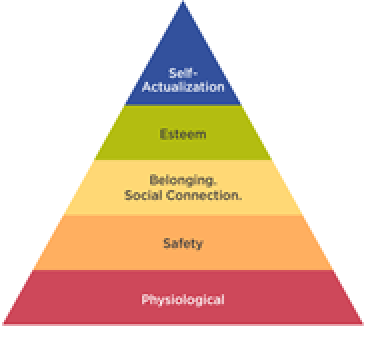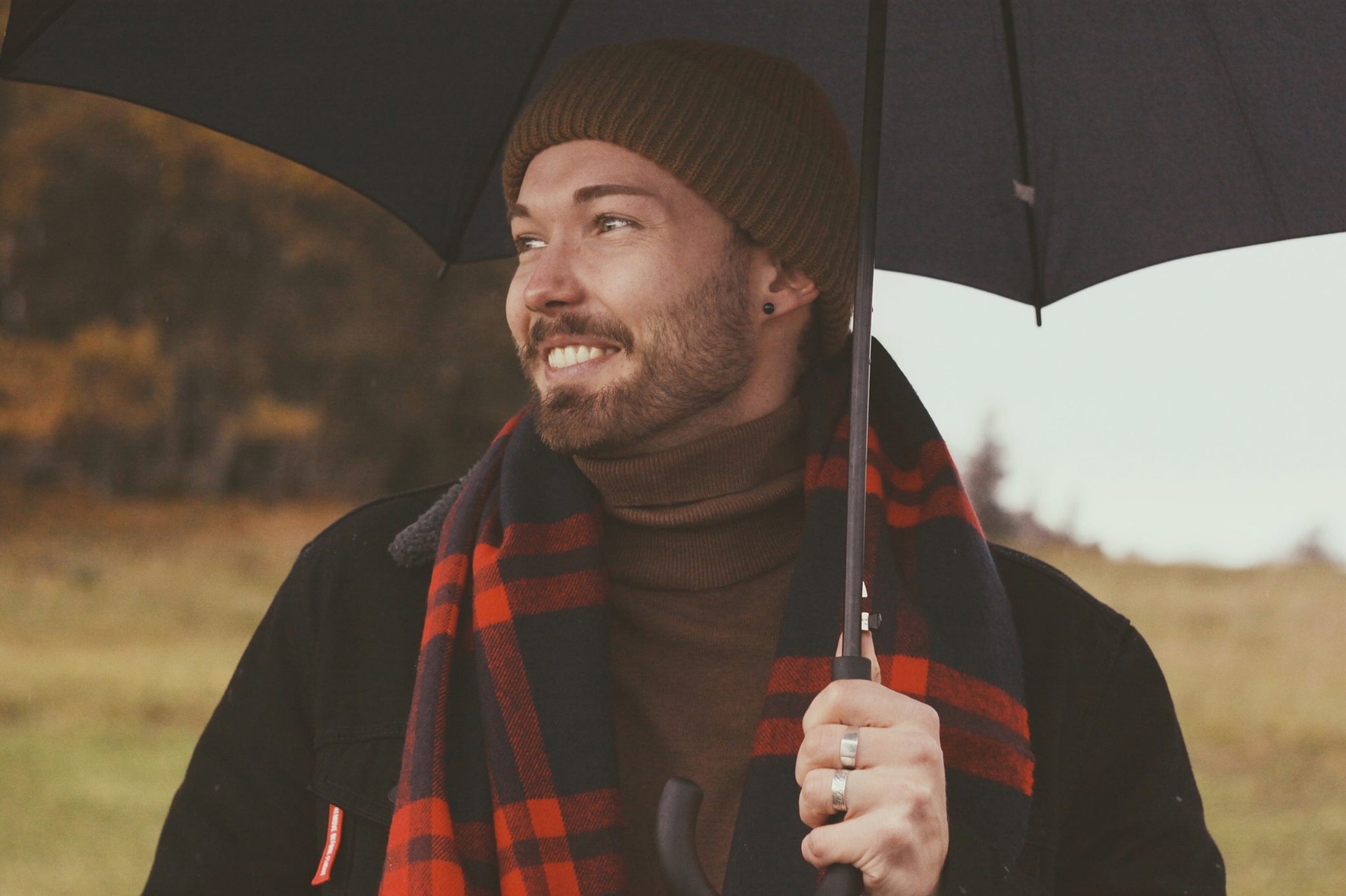
The Key To Happiness Is By Meeting Your Needs
By Christine Ferch
We All Have Needs!
Maslow’s Hierarchy of Needs
When the investigation into the mind began, theories focused on how our environment plays a role, genetics and our biology play a role in our thought’s feelings and behaviours. More theories further focused on the development of personality and individual growth and feelings of satisfaction with life.
Abraham Maslow hypothesized a theory which addressed what we need in life to feel satisfied, or what he called self-actualized. This theory is one of my favourite theories because of its simplicity, and it is shaped like a triangle because when we are infants, we have more needs to be met to ensure survival. As we get age, our needs become less as they become more refined and concise.

Our physiological are at the base of the triangle and consist of our most basic needs. During infancy, these needs are required to be carried out by a caregiver. Physiological needs are food to satisfy hunger, water to satisfy thirst, clothing, and shelter for warmth and the ability to sleep well.
Meeting these needs, Maslow stated we move into the safety zone. In this stage, we feel safe and secure in the environments and the people who we are around regularly. We also want to feel safe and secure with our body, employment, finances, health, and morality.
The next stage is love and belonging, created with friendships, family, and intimate partners. Our friends reach out and engage with us, providing a sense of belonging as we are connecting with others. Maslow believed, it is human nature to seek out others for love because it reduces loneliness, depression, and anxiety.
Next is self-esteem, can you imagine having all your needs met at every stage with no hiccups! I would imagine you feel good about life and your place within it. People in your life have demonstrated your worth by providing you with what you needed to thrive in life. You feel competent with the skills you have gained while respecting yourself and others. Maslow identified two types of esteem A) Lower: respect from others (prestige, attention) B) Higher: respect from the self (freedom, independence).
Finally, we reach the peak at self-actualization “what a man can be, he must be” (A. Maslow). Maslow believed where are growth needs lie as this is where we reach our full potential. Here we accomplish goals such as parenting, career goals, seeking happiness and personal fulfilments.
What happens if these needs are not met?
When these needs are not met, we begin to demonstrate problems with our thoughts, feelings and behaviors. When we do not have physiological needs met, we continue to have these needs met throughout life. We will not feel safe and secure with our environment and those within, and we feel we cannot trust others as there has not been housing security or parental safety. If one does not feel safe and secure, it can be difficult for them to feel love and a sense of belonging. When denied physiological needs mixed with lack of safety and security, one will not feel loved because they have not been respected or provided the care, we all require in childhood.
If someone endures this path, it can become challenging to achieve self-actualization. These individuals may endure mental health or behavioural concerns. However, if in adulthood, a person begins to receive these needs consistently, they can move throughout the triangle with positive movement.
If you have any questions or concerns or want to have some needs met, contact us at admin@ovcs.ca.




